
Obama is vulnerable on the issue of race and his inability to address it in specific forms.
Show Notes
In his book "The Black Presidency," Michael Eric Dyson explores the powerful, surprising way the politics of race have shaped Barack Obama’s identity and groundbreaking presidency. How has President Obama dealt publicly with race —as the national traumas of Tamir Rice, Trayvon Martin, Michael Brown, Eric Garner, Freddie Gray, and Walter Scott have played out during his tenure? What can we learn from Obama's major race speeches about his approach to racial conflict and the black criticism it provokes? Dyson is a professor of sociology at Georgetown University. A former factory worker, an ordained Baptist minister and a onetime church pastor, Dyson earned a Ph.D. in religion from Princeton, and has also taught at Brown, Columbia, the University of North Carolina, DePaul University, and the University of Pennsylvania. Dyson has written 17 books, including national best sellers on the Malcolm X, Martin Luther King Jr. and the rapper Tupac Shakur. This episode features his conversation with the Aspen Institute CEO and president Walter Isaacson.
Explore
Related episodes
Which strategies are most promising to stop gun violence in Chicago?


What might we learn from the past about the current state of politics and democracy in America?


What is the Trump doctrine on foreign policy?


How do the events of today compare to other periods of extremism in America?


In this episode, you’ll hear from the nation’s new White House Chief of Staff, John Kelly.


Can the Republican party and the White House get in alignment on priorities and core values?


Ruth Bader Ginsburg says her experiences as a female give her a unique perspective in court.


In this era of deep partisanship, how can common ground be found on Capitol Hill and on Main Street?
Elisabeth Rosenthal on our broken healthcare system.
Hear from Elizabeth Acevedo and Arthur Brooks at the Summit on Inequality and Opportunity.


Bryan Stevenson, founder and director of the Equal Justice Initiative, speaks with Harvard President Drew Gilpin Faust about his organization’s efforts to build a museum examining the legacy of slavery, racial terrorism, segregation, and police violence.

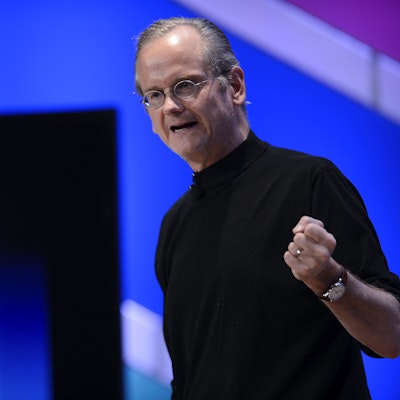
How can Americans restore their confidence in their government?


John R. Lewis reflects on his lifelong dedication for civil rights.

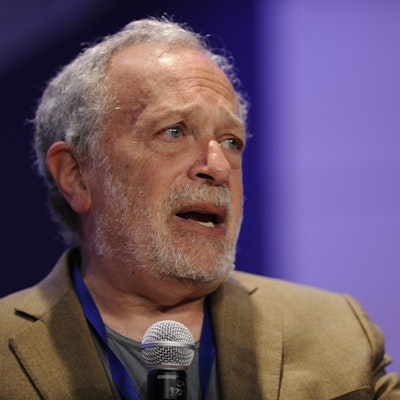
Robert Reich live at the Aspen Ideas Festival.

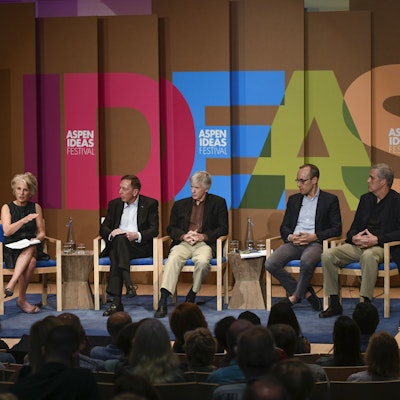
Afghanistan and Iraq: Looking back after 15 years and counting.


Robert Runcie on the power of education, how tragedy shakes a community, and why he believes in hope

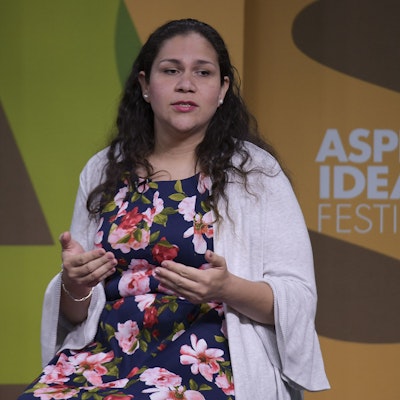
At age 25, Gaby Pacheco was the first undocumented Latina to testify in front of Congress.
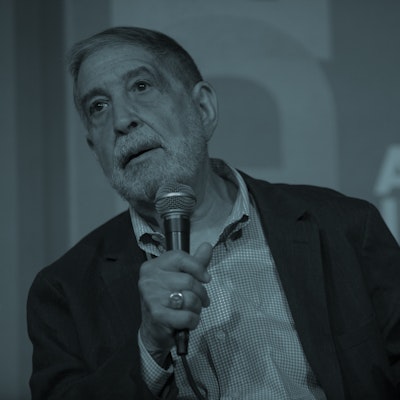

Is the Republican Party in the United States having an identity crisis?


Former FBI Director James Comey says transparency and a desire to maintain his agency’s credibility prompted him to reopen the Hillary Clinton email investigation in 2016.


Actress Ashley Judd on activism and promoting health for women and girls around the world.








